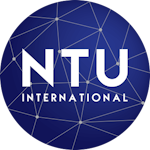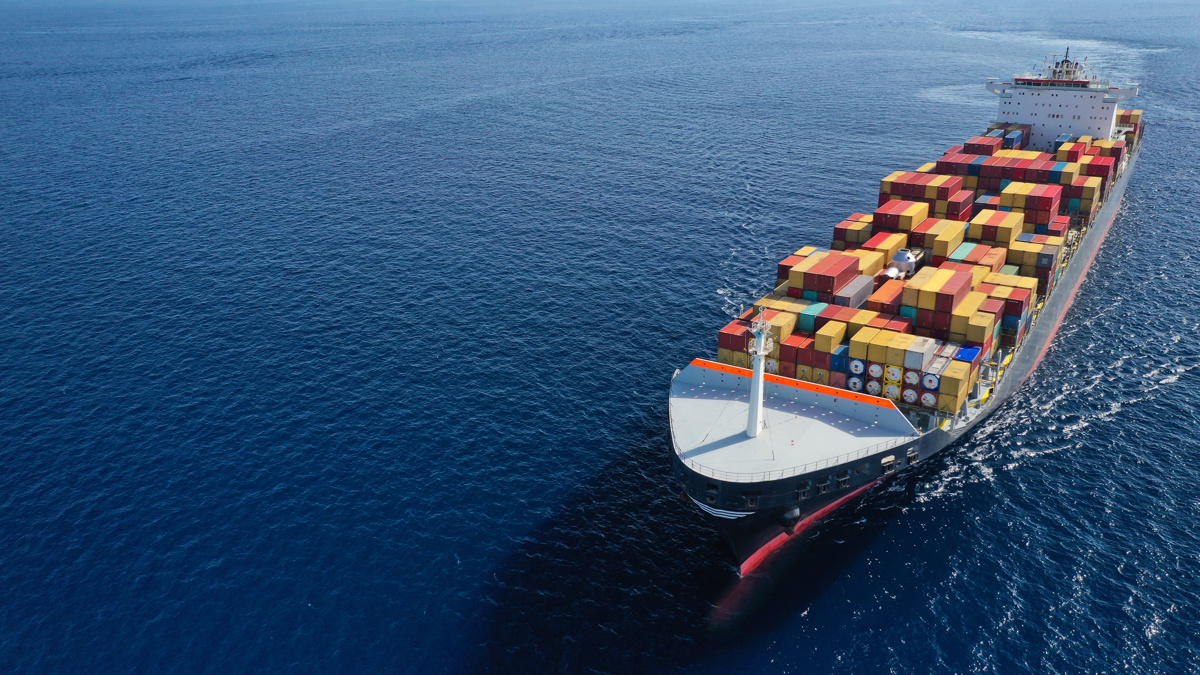NTU's Involvement in the Maritime Sub-Sector
NTU is aware of the challenges that the maritime sub-sector faces and therefore we are committed to offering multidisciplinary solutions, ranging from support to decision-making on matters related to maritime safety and security to environmental challenges such as reducing emissions or improving energy efficiency in shipping and ports operations. NTU is playing a vital role in improving maritime infrastructure, fostering regional connectivity and maritime corridor development, as well as enhancing the competitiveness of maritime transport systems.
A critical aspect of NTU’s work is aligning maritime transport with broader transport networks, including road, rail, and inland waterways, to create seamless logistics chains. NTU’s support to the development of ICT systems for maritime transport and corridor planning, is strengthening the operational efficiency of ports and improving the integration of maritime hubs with regional and global networks, such as the Trans-European Transport Network.
In addition to infrastructure improvements, NTU is contributing to maritime transport policy development, dissemination of strategies, institutional strengthening, evaluation of new maritime freight transport corridor concepts and strategies, maritime transport master planning and capacity building. By collaborating closely with public authorities, national maritime administrations, private operators, and international organisations, NTU is addressing challenges like resource deficiencies, environmental sustainability, and operational inefficiencies. NTU is supporting the EU-funded SCOPE – Seafarers project aiming to deliver assistance in the ASEAN region for meeting STCW and MLC requirements in the maritime sub-sector.
These contributions highlight NTU’s commitment to advancing the maritime transport sub-sector, supporting economic growth, and ensuring the long-term sustainability of global trade and logistics systems.

